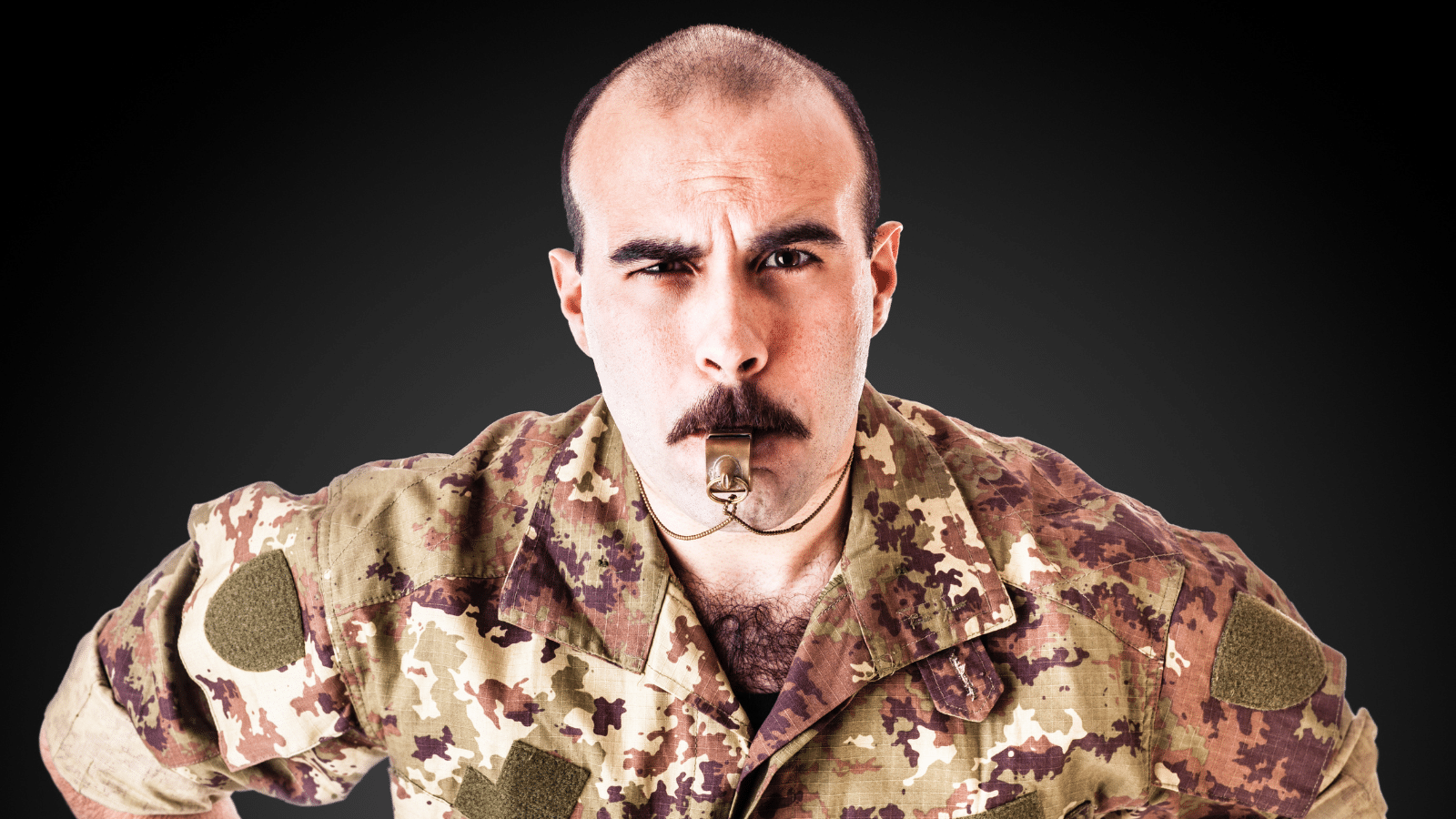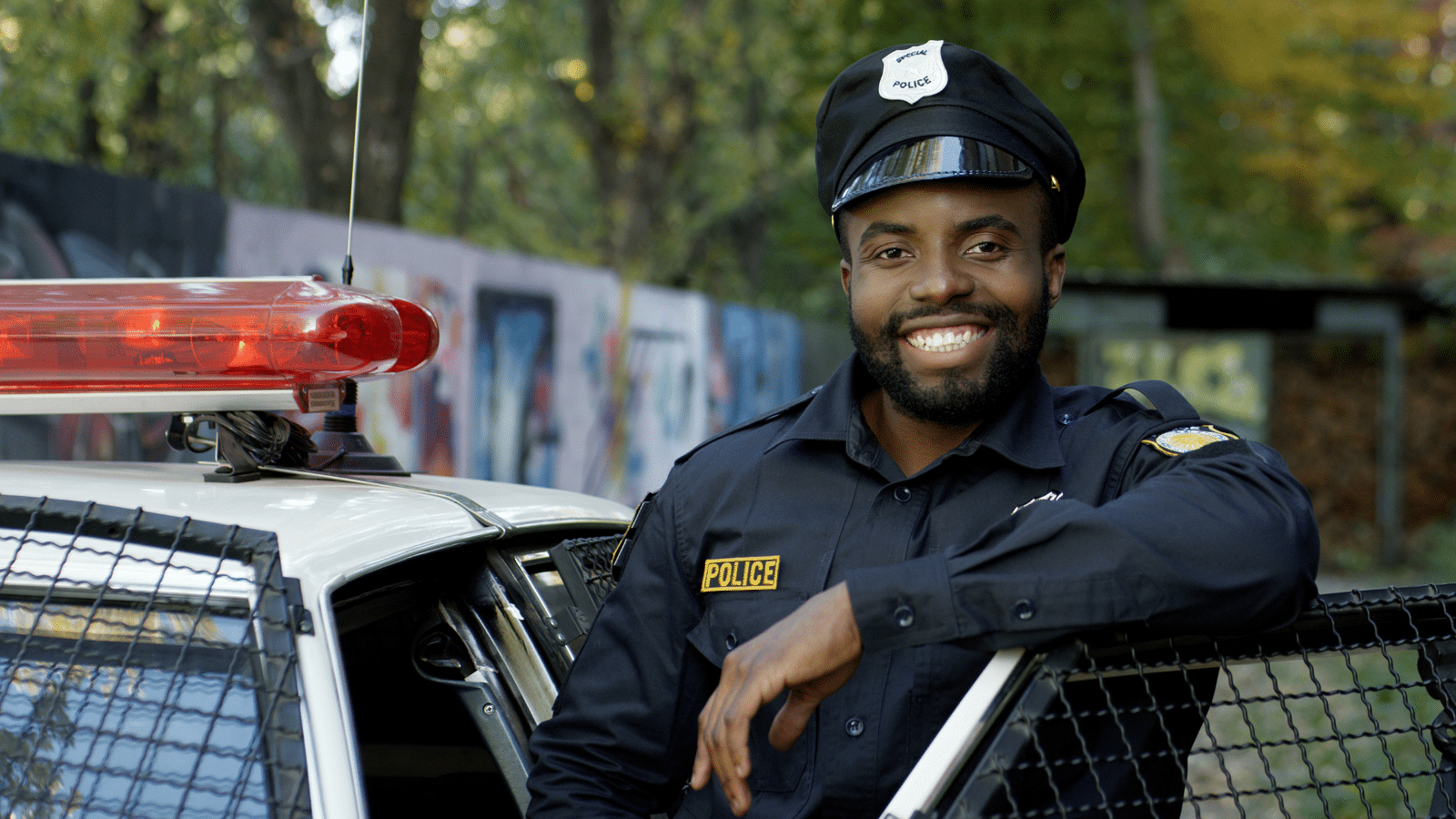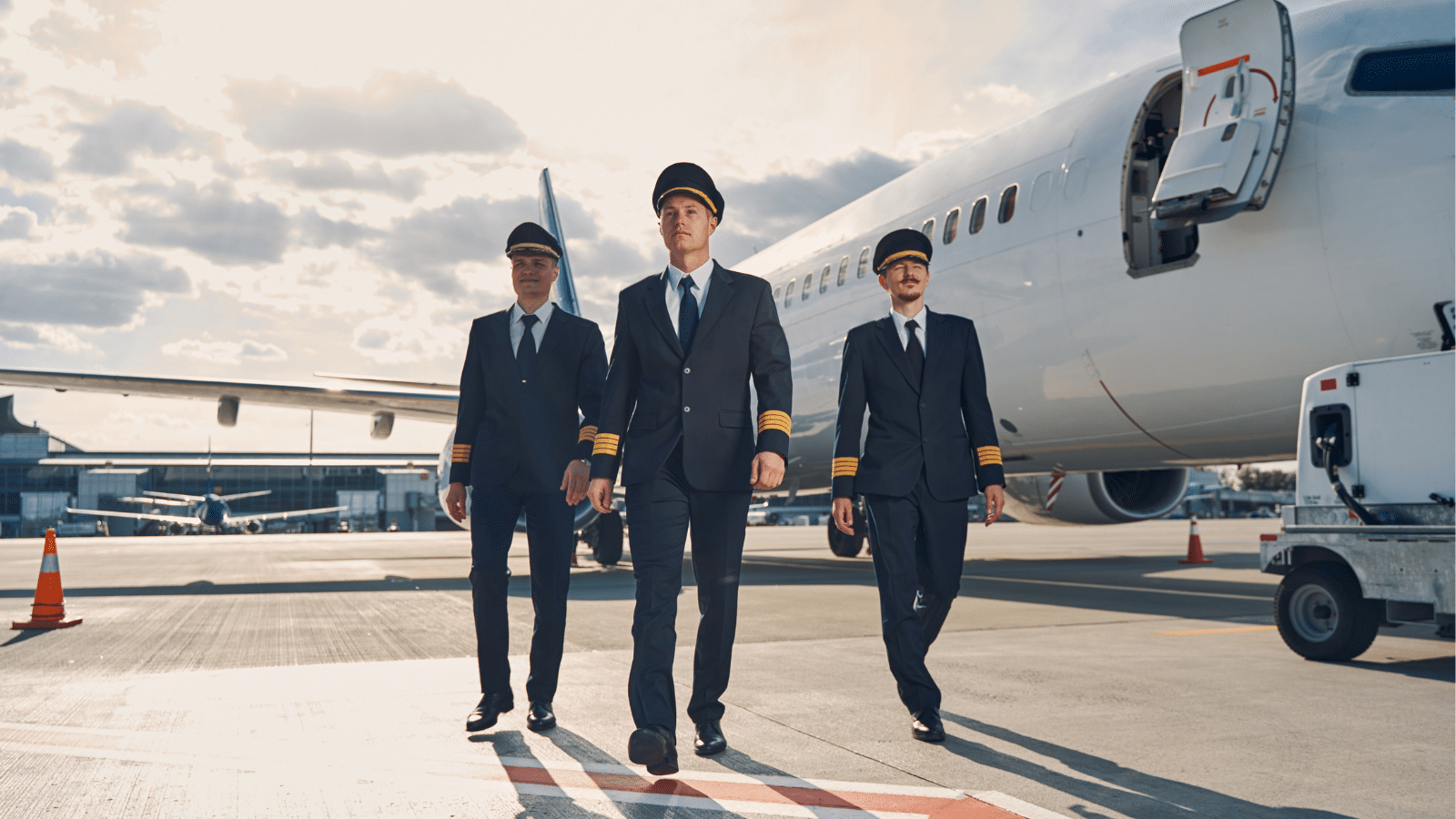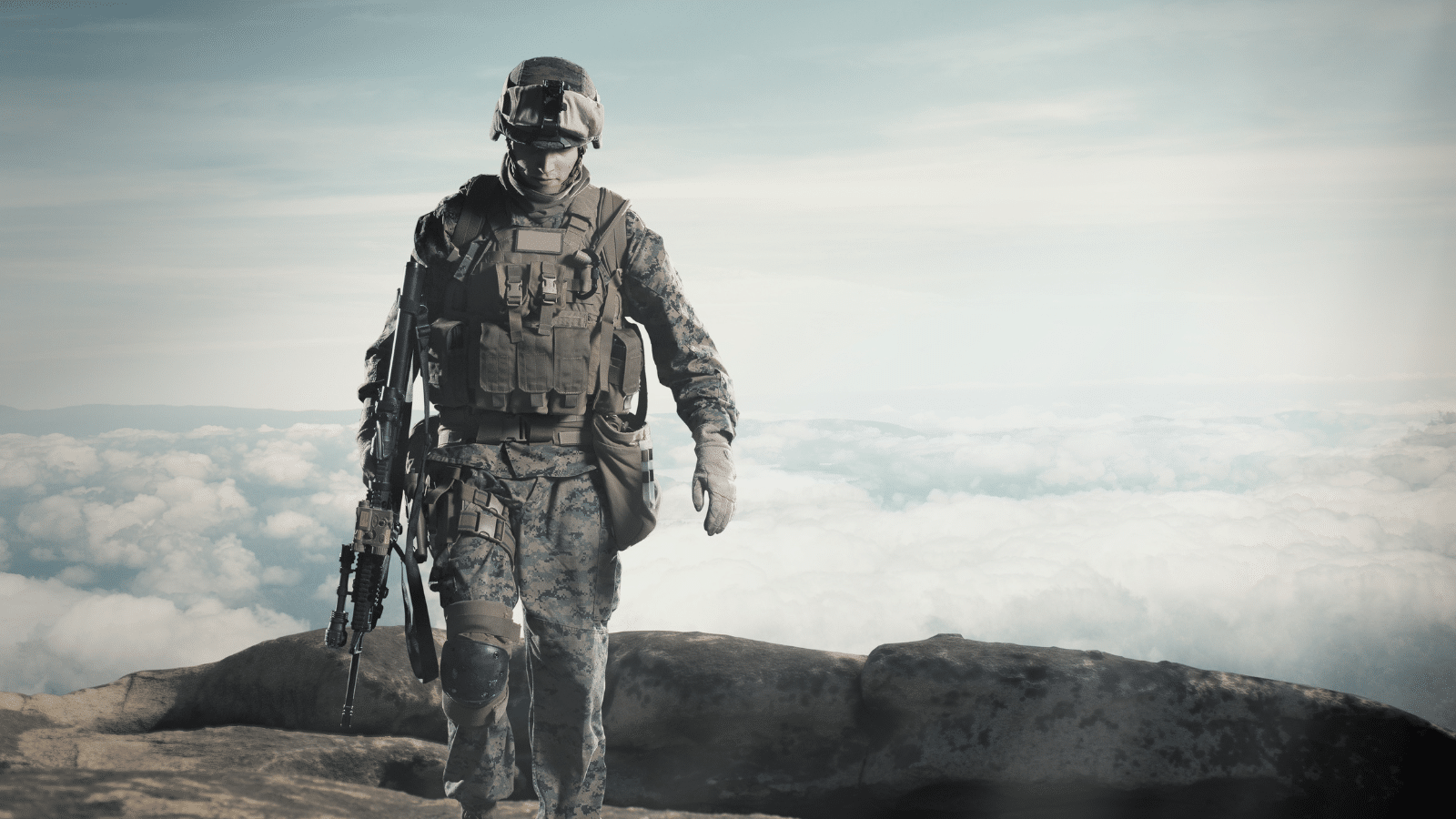People who have served in the military often develop several habits that stay with them for life. Some of these habits are positive and can be helpful in civilian life, while others may be less desirable. Here are 21 of the most common traits of people who have served in the military:
Punctuality

Punctual military members are trained to be punctual and to meet deadlines. This habit can be very valuable in the civilian workforce, where employers often expect employees to be on time and to deliver on their commitments.
Discipline

Military members are also trained to be disciplined and to follow orders. This habit can help them to stay focused and motivated in their work and personal lives. Discipline can help you to stay focused on your goals and to resist distractions.
Teamwork

Military members are used to working as part of a team. This habit can be helpful in the civilian workforce, where employees often need to collaborate with others to achieve common goals.
Physical Fitness

Military members are required to maintain a high level of physical fitness. This habit can help them to stay healthy and active in their civilian lives.
Problem-Solving

Military members are trained to solve problems quickly and efficiently. This habit can be helpful in the civilian workforce, where employees often need to think on their feet and come up with solutions to challenges.
Attention to Detail

Military personnel must meet high standards, from their uniform to their performances, to be perfect. Paying attention to detail can help you to produce high-quality work.
Adaptability

People in the military often need to adapt quickly to new situations and be ready to up and leave for another within hours. Adaptability can help you to adjust to change and thrive in new situations.
Resilience

Resilience is essential for military personnel to maintain their physical and mental health, to perform their duties effectively, and to reintegrate into civilian life after service. This resilience carries over to everyday life as they can adapt to and bounce back from adversity, trauma, and stress.
Self-Reliance

Independence in military personnel is the ability to think critically and act independently, even under pressure or facing difficult circumstances. It is vital for military personnel, as they often need to make quick decisions in complex and dangerous situations. You will see these actions replicating themselves when personnel leave the military.
Leadership

Leadership in the military is the ability to influence and motivate others to achieve common goals. Military leaders must be able to make sound decisions, manage risk, and deal with uncertainty. In civilian life, military personnel will often take the lead in work and personal situations.
Jargon

Military members often use jargon in their everyday speech. This habit can be confusing to people who are not familiar with military culture.
Respectful

Military personnel show high levels of respect for people as they are used to being attentive to the commands of their superiors. Being respectful can help you build positive relationships with others.
Humility

Humility is the quality of being modest and not arrogant. It is an essential trait for military personnel, as it allows them to be open to learning, to admit mistakes, and to work well with others.
Formal Address

Military members are trained to address their superiors by rank. This habit can be carried over into civilian life, where it may not be appropriate.
Integrity

Integrity in the military is the quality of being honest and having strong moral principles. It is essential for military personnel to maintain the public’s trust and to uphold the values of the military. This is a quality that will often carry over to civilian life.
Honor

Honor in military personnel is the quality of being upright, having strong moral principles, and being worthy of respect. It is a quality that is essential for military personnel to uphold the values of the military and to maintain the public’s trust.
Courage

It is essential for military personnel, as they are often placed in dangerous and unpredictable situations. The Courage built up in the military extends into everyday life when you see these brave men and women taking on many things that civilians cannot.
Commitment

Commitment is essential for military personnel to be successful in their careers. Military leaders committed to their service are more likely to be trusted and respected by their subordinates. They are also more likely to be willing to put in the hard work and dedication necessary to achieve their goals. This drive does not slow down when people leave the military.
Perseverance

Military personnel are trained to persevere through adversity. They are taught never to give up, even when the odds are stacked against them. They are also taught to work together as a team to overcome challenges.
Sacrifice

Military personnel make a significant sacrifice when they join the military. They leave their homes and families behind and agree to put their lives on the line for their country.
Camaraderie

Military personnel face many unique challenges, including deployment to combat zones, exposure to violence and death, and separation from family and friends. Camaraderie helps military personnel to cope with these challenges and to maintain their morale.
Military habits can be a valuable asset in any area of life. If you are a military veteran, be proud of the habits you have developed through your service. If you are not a military veteran, you can still learn from these habits and apply them to your life.
21 Things That Shout You’re “Lower Class” According To Men

Class wars creep up in all aspects of life, including dating. We take a look at the things that men believe are telltale signs that you are lower class.
21 Things That Shout You’re “Lower Class” According To Men
Boomer Zoomers vs. Millennial Meh: 10 Cars the Older Gen Loves but Millennials Just Can’t Stand

The change in the automotive industry has been incredible over the year. Baby boomers born between 1946 and 1964 can’t get enough of the cars listed below, as muscle cars emerged in the 1960s, and new technologies appeared in the 1970s and 1980s. You can imagine why boomers genuinely appreciate these vehicles.
Boomer Zoomers vs. Millennial Meh: 10 Cars the Older Gen Loves but Millennials Just Can’t Stand
Across the Pond Disdain: 18 Horrendous American Habits Foreigners Just Can’t Stomach

There is a lot to love about America, from the bright lights of New York to the incredible breakfasts, but foreigners also dislike many things. We look at everything from poor public transport to an intimidating tip culture, sharing 18 things that America could be better at.
Across the Pond Disdain: 18 Horrendous American Habits Foreigners Just Can’t Stomach
Out with the Old: 18 Gen X Fads That Millennials and Gen Z Just Can’t Vibe With

While some old habits die hard, there are some things that Gen X need to eliminate as they are no longer relevant.
Out with the Old: 18 Gen X Fads That Millennials and Gen Z Just Can’t Vibe With
18 Unpleasant States You Might Want to Skip on Your Next Trip

When thinking of America, we don’t expect there to be boring or unpleasant places to visit. We see all the different states on the TV, and they show the best parts. However, there are some states you won’t want to visit, and you should brace yourselves if you ever happen to stumble into them.
18 Unpleasant States You Might Want to Skip on Your Next Trip






